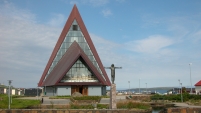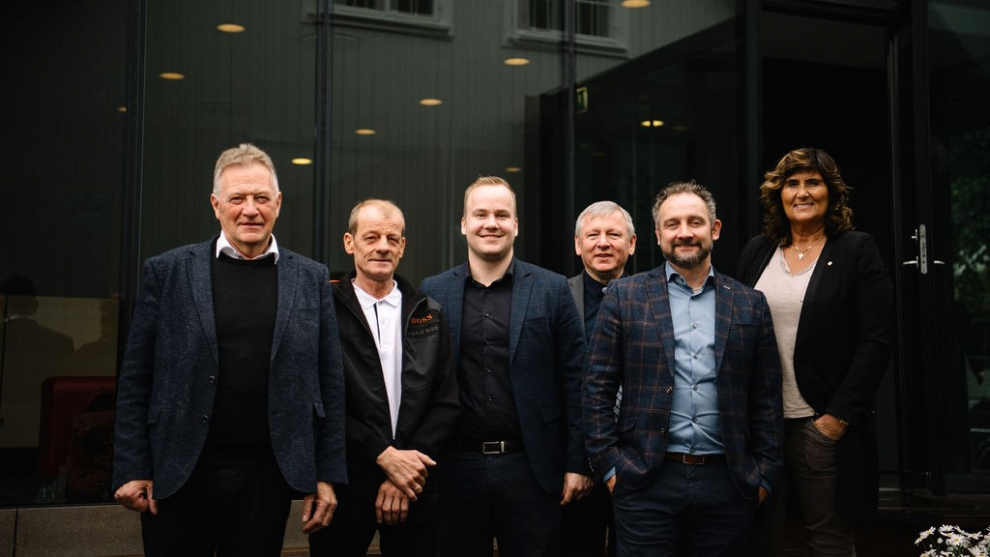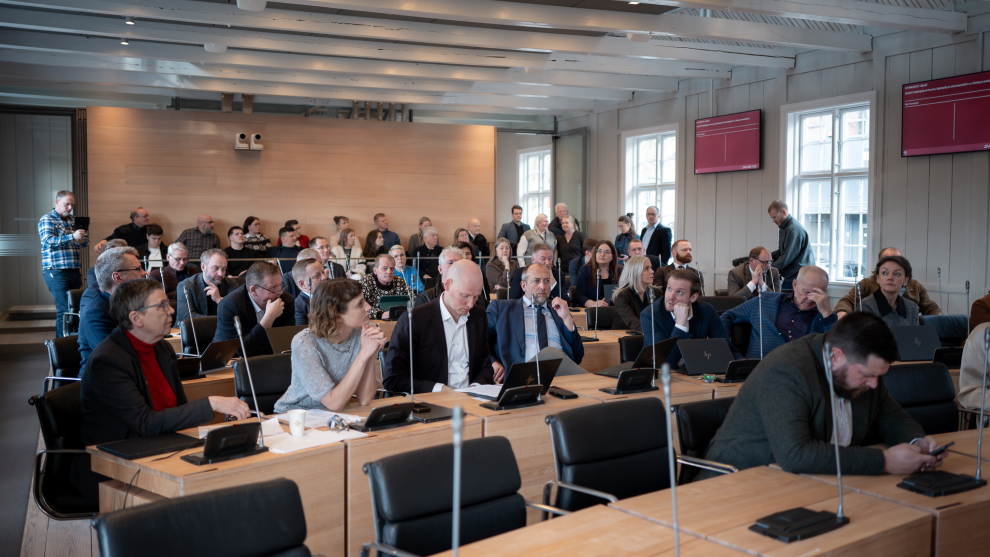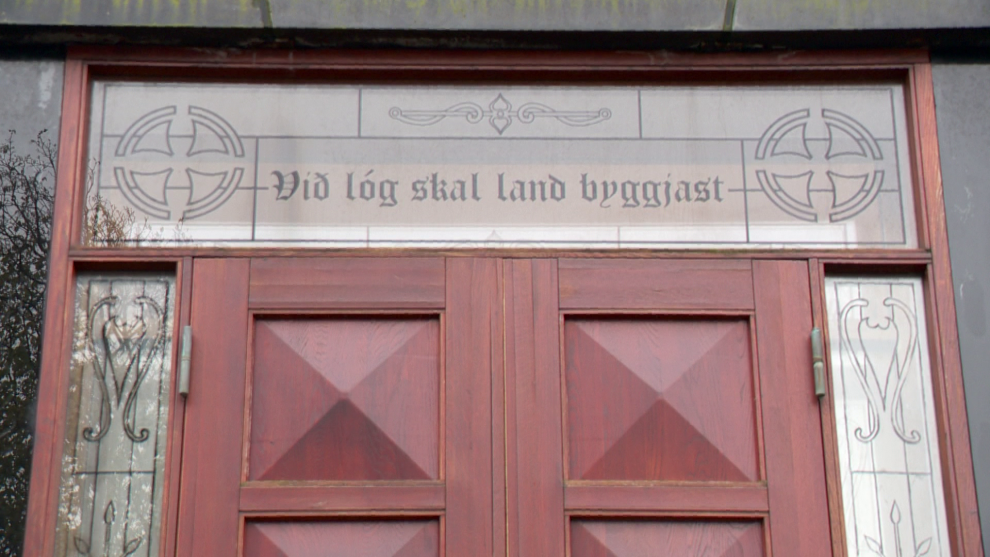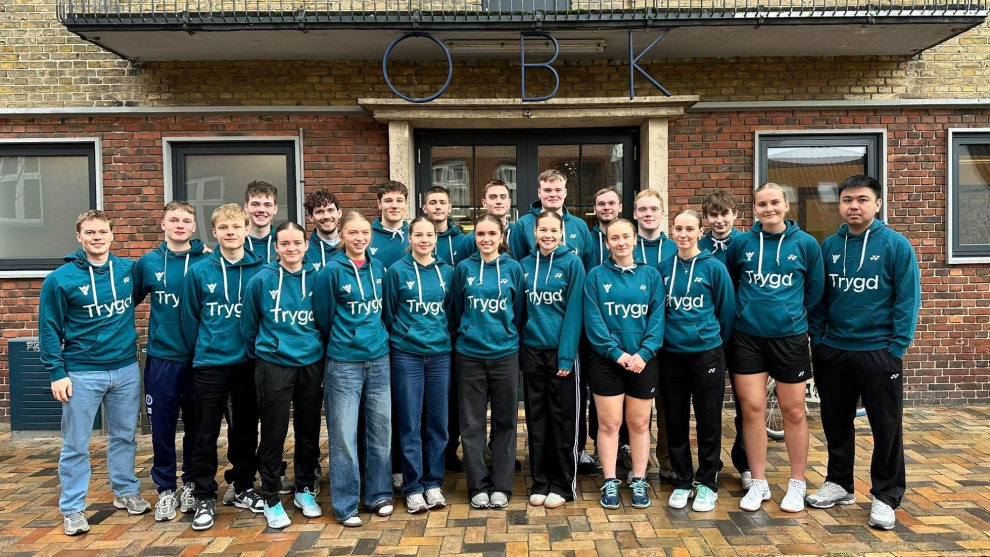- Tíðindi, mentan og ítróttur
Study on feeling strange in a small community

Social relations in the Faroes are characterised by high levels of familiarity and close social networks, and that can present a challenge to newcomers.
So says Erika Anne Hayfield, a researcher at the faculty of history and social sciences at the University of the Faroe Islands, who co-authored a new study published in the Journal of Intercultural Studies.
The study, titled ‘It’s Like They Have a Cognitive Map of Relations’: Feeling Strange in a Small Island Community, describes the experiences of newcomers, based on interviews with 40 foreign nationals who have been in the Faroes for shorter and longer periods.
Three themes
The study is structured around three main themes.
1. Strangers in places characterised by high familiarity – how foreigners experience and navigate Faroese networks.
2. Negotiating place-belongingness – how immigrants negotiate belonging and how relations, security and time impact place-belongingness.
3. Boundaries of belonging – how language and identity are key sites of tension in creating boundaries, determining who belongs versus who is rendered a familiar stranger.
Translated by prosa.fo





